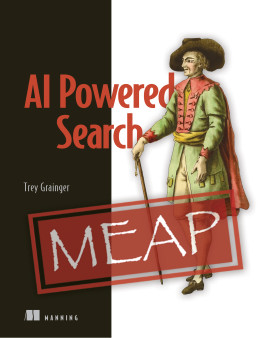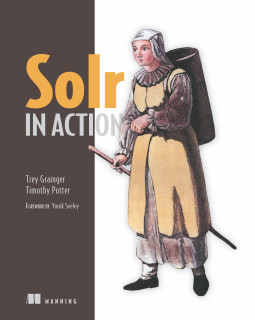Lucene/Solr Revolution is always my favorite conference of the year, and I was invited to present again this year in the great city of Boston, MA. It was a fun presentation, representing a whirlwind tour through numerous open sourced extensions within the larger Apache Solr Ecosystem (The Semantic Knowledge Graph, the Solr Text Tagger, a Probabilistic Query Parser, Dice’s Conceptual Search Plugin, Solr’s Learning to Rank capability, SolrRDF, etc.) that can be combined, along with some query log mining, to build an end-to-end self-learning data system powered by Apache Solr. Videos will be posted soon, but here are the slides from my talk in the meantime!
Video:
Talk Abstract:
What if your search engine could automatically tune its own domain-specific relevancy model? What if it could learn the important phrases and topics within your domain, automatically identify alternate spellings (synonyms, acronyms, and related phrases) and disambiguate multiple meanings of those phrases, learn the conceptual relationships embedded within your documents, and even use machine-learned ranking to discover the relative importance of different features and then automatically optimize its own ranking algorithms for your domain?
In this presentation, you’ll learn you how to do just that – to evolving Lucene/Solr implementations into self-learning data systems which are able to accept user queries, deliver relevance-ranked results, and automatically learn from your users’ subsequent interactions to continually deliver a more relevant experience for each keyword, category, and group of users.
Such a self-learning system leverages reflected intelligence to consistently improve its understanding of the content (documents and queries), the context of specific users, and the relevance signals present in the collective feedback from every prior user interaction with the system. Come learn how to move beyond manual relevancy tuning and toward a closed-loop system leveraging both the embedded meaning within your content and the wisdom of the crowds to automatically generate search relevancy algorithms optimized for your domain.




